Spotlight on Writing
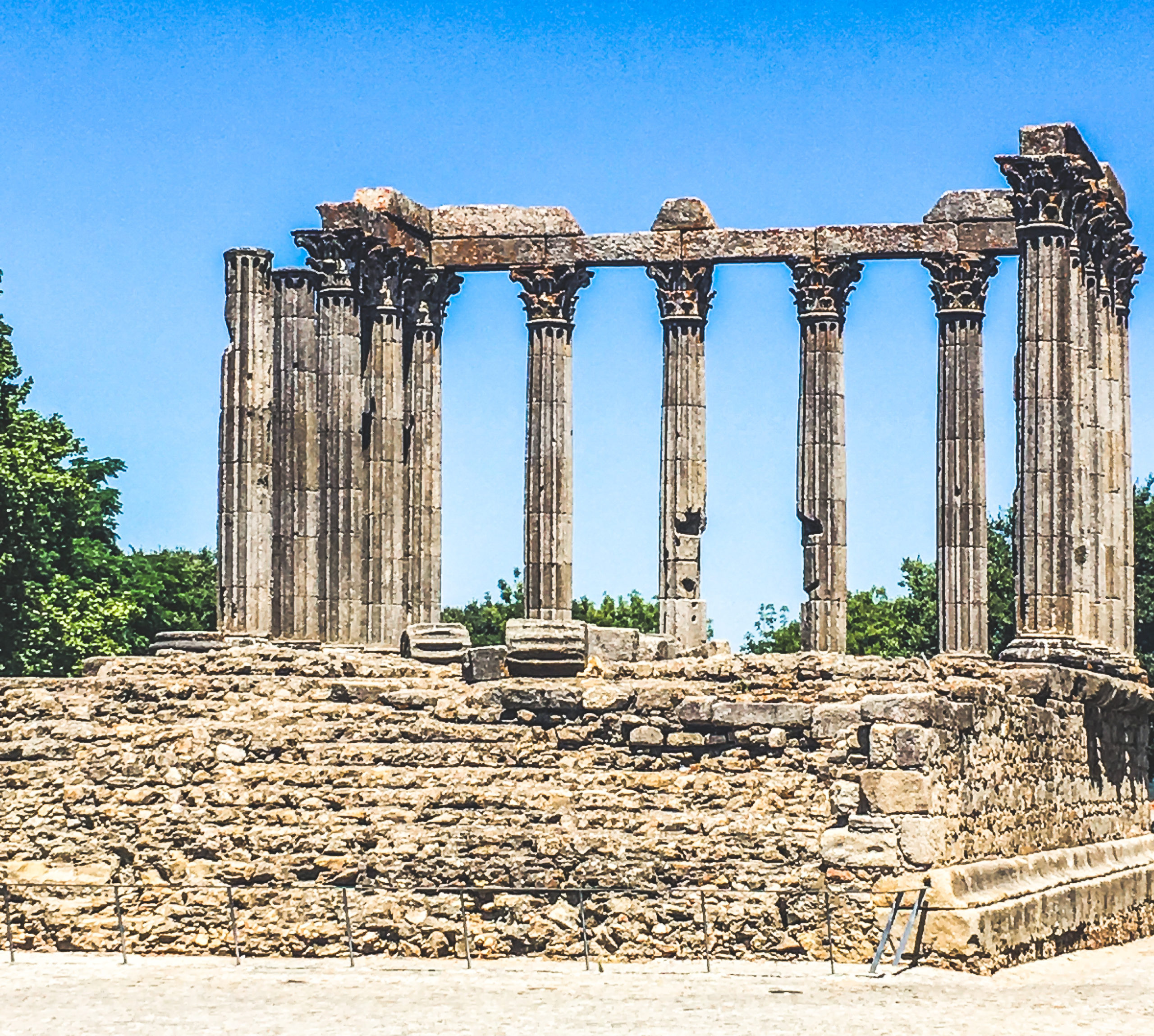
Yes, yes. I know that temple isn’t Greek, but Roman (the Temple of Evora in Portugal, if you must know). Yet, it’s a beautiful example of the kind of ancient history I’ve been quagmired in. Last we left off, I spoke to planning our next novel. Usually, I find planning an exciting process, and I am full of ideas how to create an exciting story premise. This time, because we’re writing historical fiction set in Ancient Greece, much of the exciting events have already been planned for me.
This should make things easier, shouldn’t it?
Turns out, no. Every step of the way I get mired in yet another plot hole of how to thread fiction and fact together in a believable and interesting fashion. It’s tricky—you want the story to ring true, but also to be able to weave in texture to the bald facts of history. Even something as simple as the Greek concept of time has to be thoroughly researched. Though much is known about the Athenian calendar, their neighboring city of Thebes, where our story is primarily set, is not so clear cut. Thebes used the Boeotian calendar, to which I discovered this piece of information: “It is possible to reconstruct a Boeotian calendar, as Bischoff has done, but only by combining data, mostly very late, from different states” (p. 56, Thomson, 1943).
Sounds easy, right? That means all I need to do is find this calendar that Bischoff created, and it’s probably similar enough to be acceptable. But many texts are in Greek. Unsurprisingly, Greek looks, well, like Greek to me. Nevertheless, I am confident that I will eventually have researched it enough to provide a plausible measurement of time. It is only one of the many details I am researching in order to make this book as strong as I know it can be.
So, I’m taking my time in the planning, so we can get the setting and the culture just right.
Reference:
Thomson, G. (1943). The Greek Calendar. The Journal of Hellenic Studies, 63, 52-65. https://www.jstor.org/stable/627003
Personal Update
Some of you may know that I received news that I am officially a Canadian permanent resident. I’ll never forsake my New Zealand roots, but it does help me to feel secure, knowing that no one is going to kick me out of my home in Canada. I can get on with my life without a fear of my family being ripped apart. And I know that sounds dramatic, the likelihood low. But unless you’ve been through the process of being an immigrant, it is hard to explain how strange it is: Trying to put down roots somewhere, but being hindered by rocks and hard clay, unable to get to establish a firm support system, yet still trying your best and making plans for an uncertain future.
For me, being permanent resident means that one part of my life is finally able to settle, the first step in moving forward. I might not have my nursing registration yet, but all my patience is slowly and surely paying off.
Also, I did finally make it to the park! Here is proof. These photos were taken at South Glenmore Park here in Calgary. As one of my favorite bloggers says (check out The Bloggess), click to embiggen.


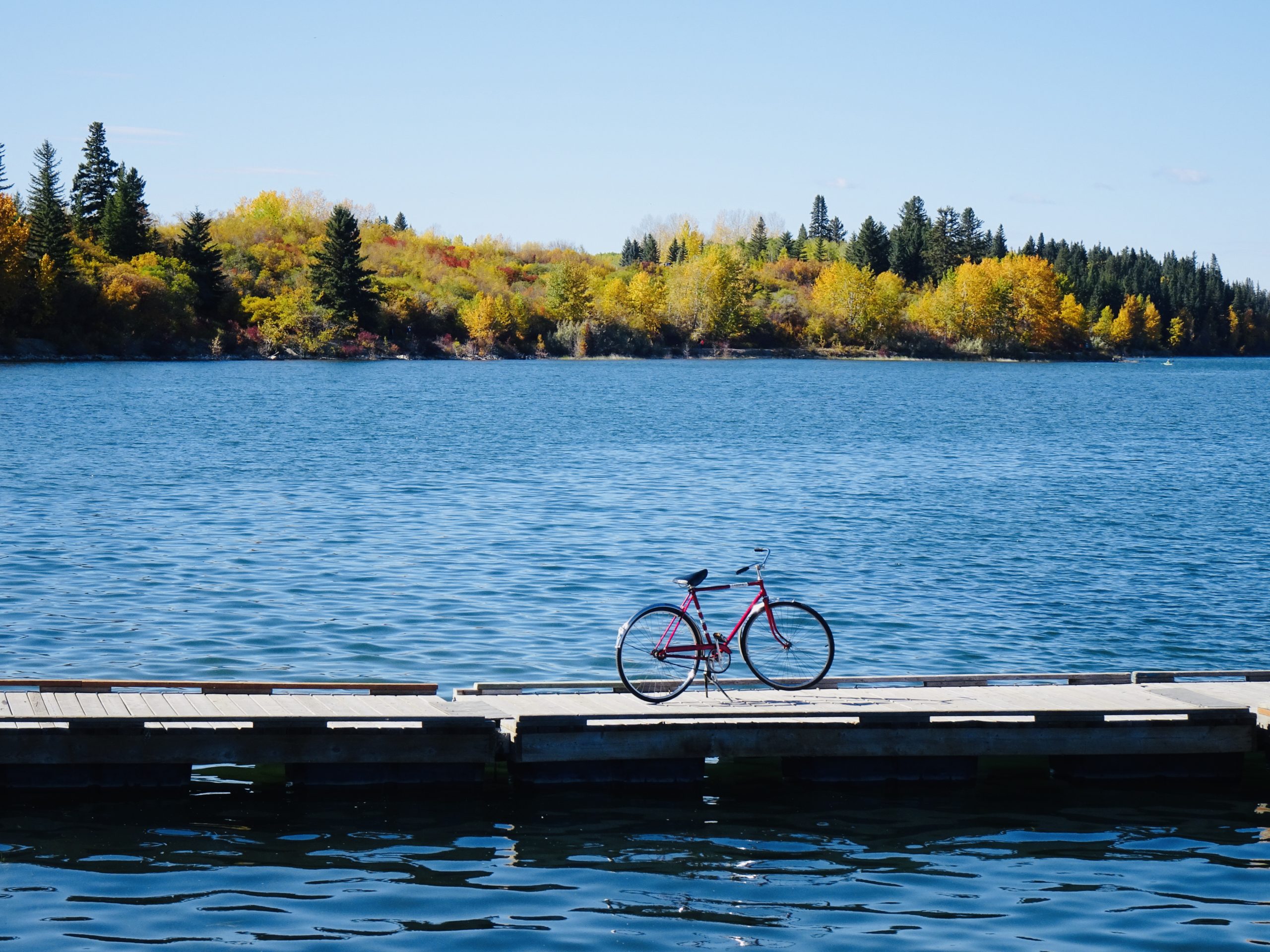
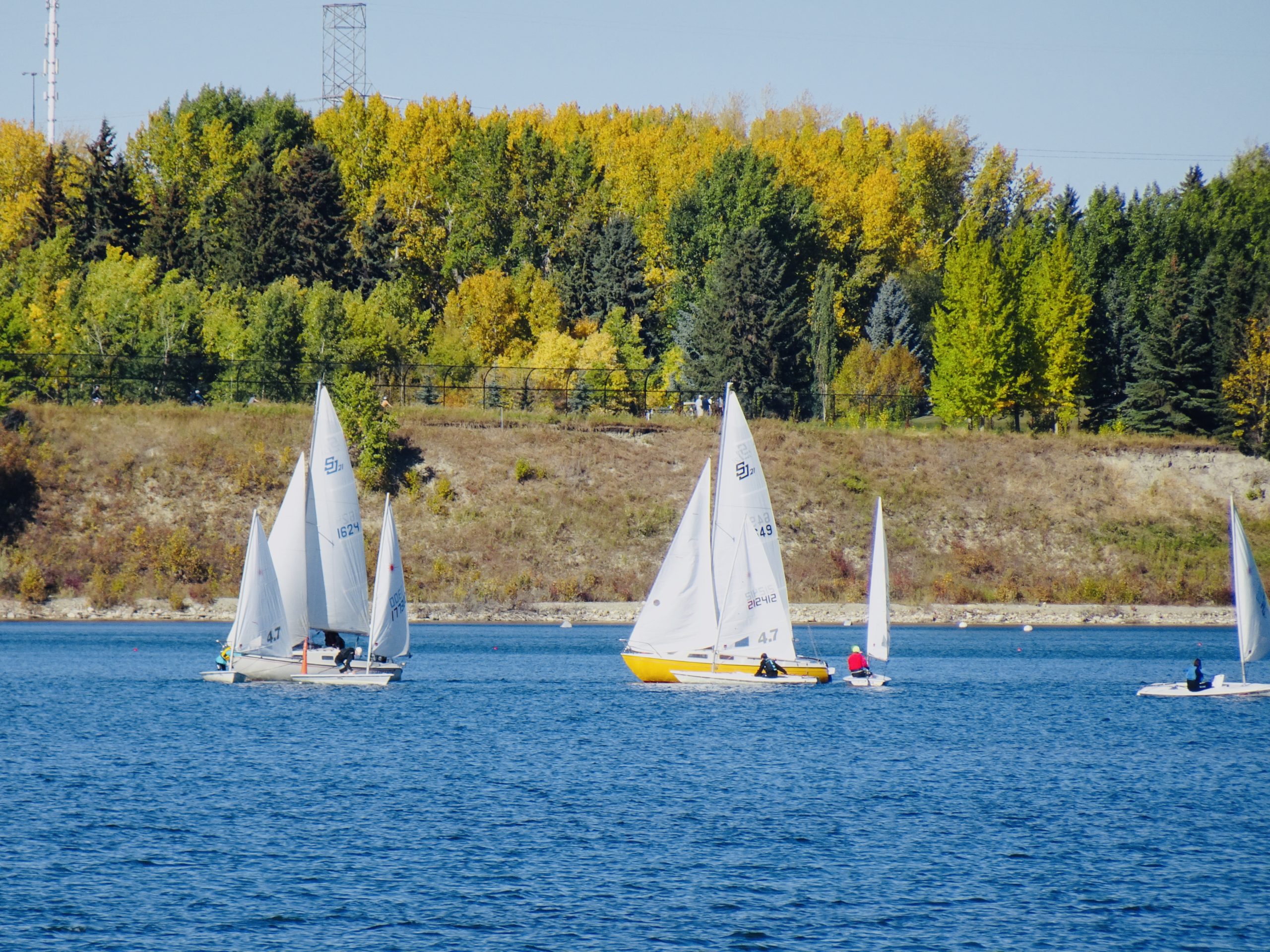
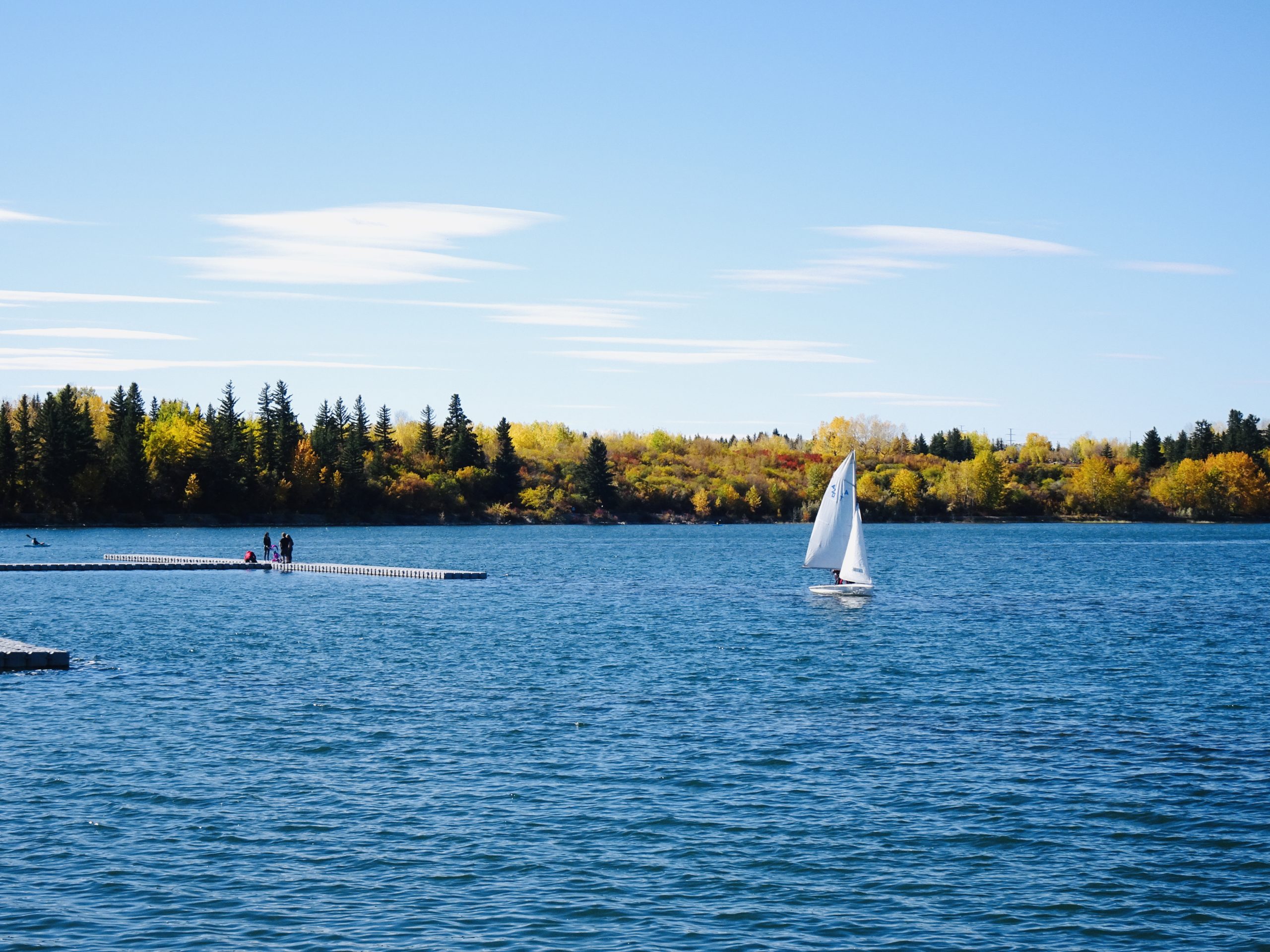
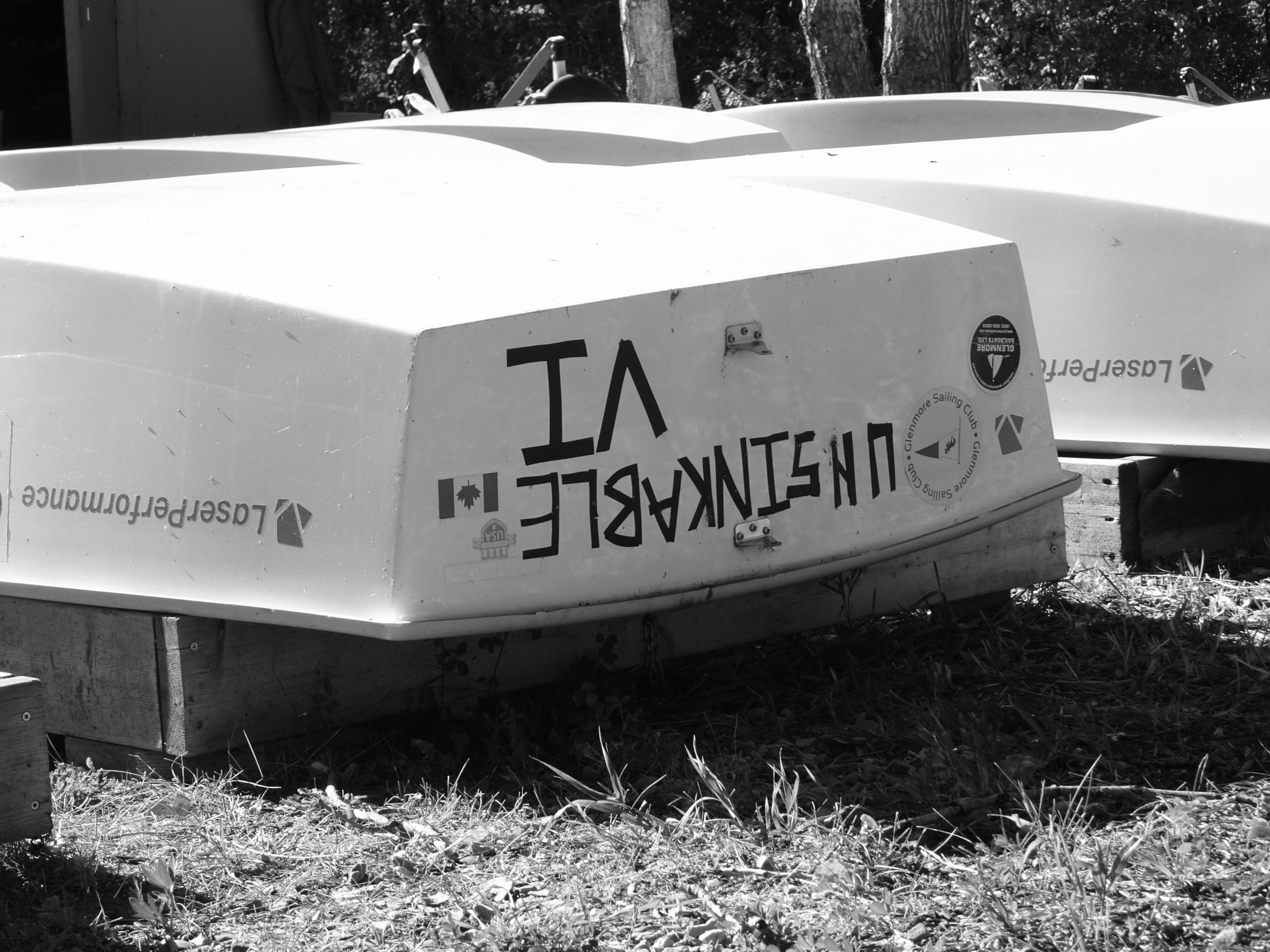
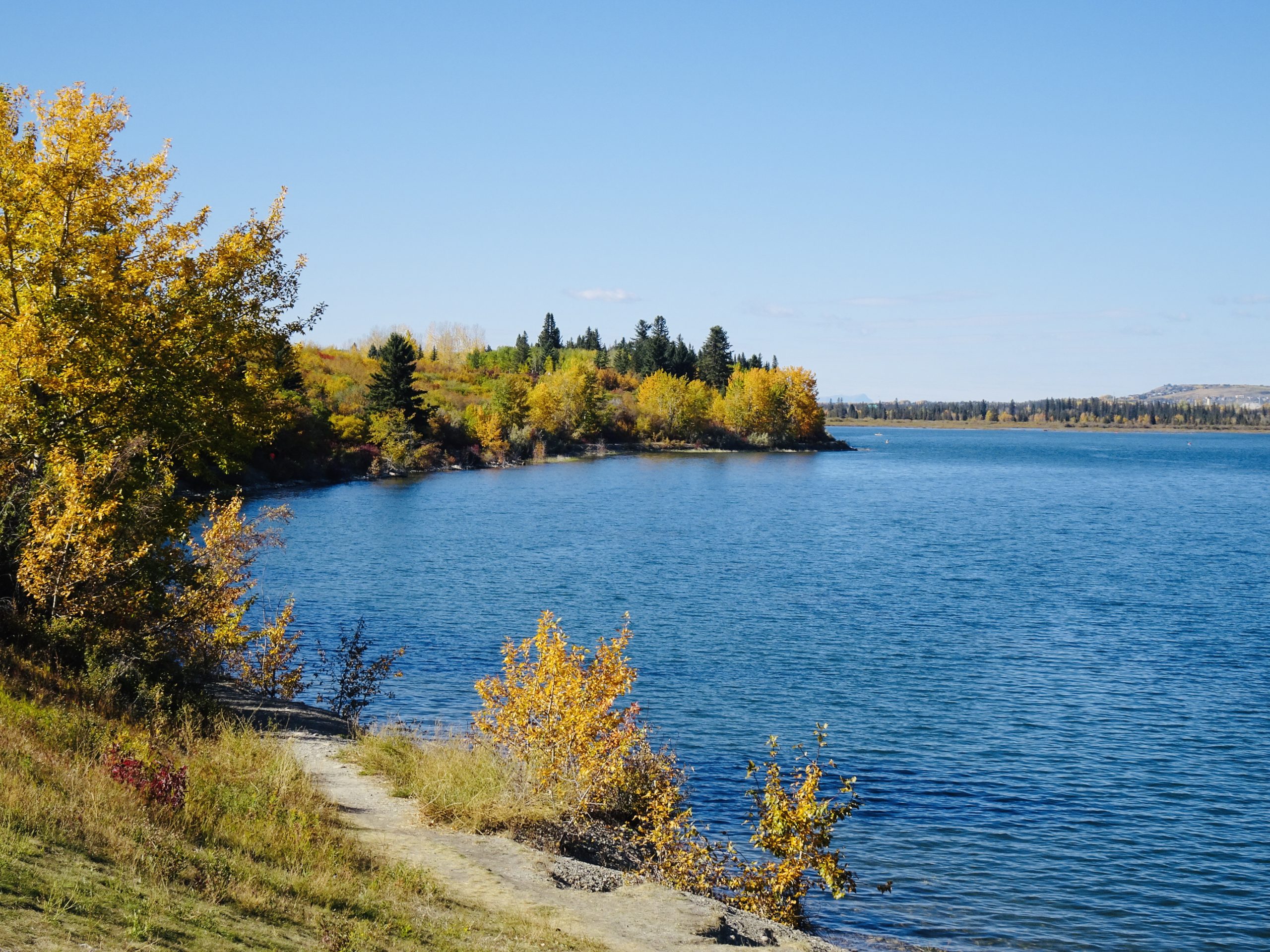
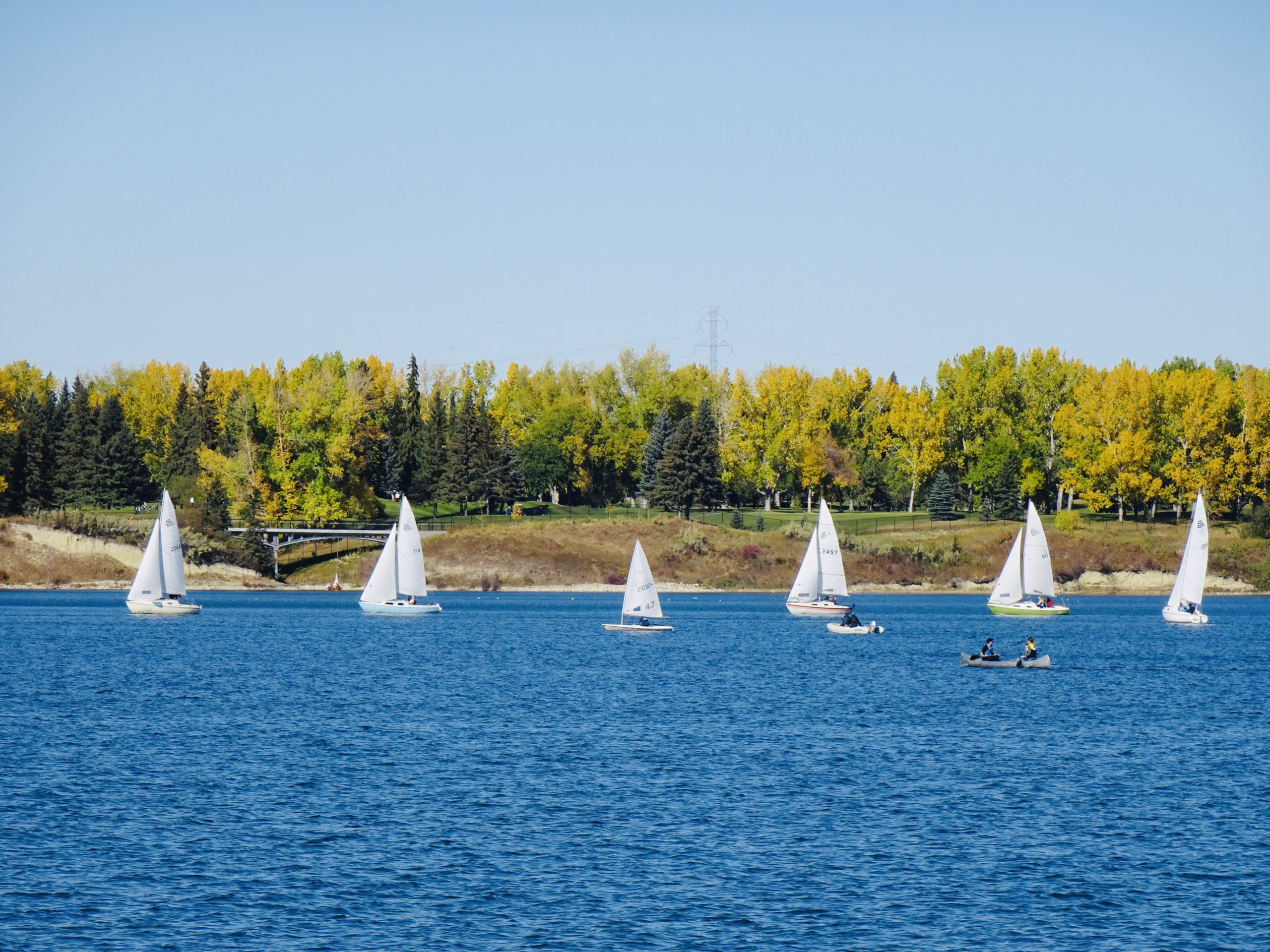
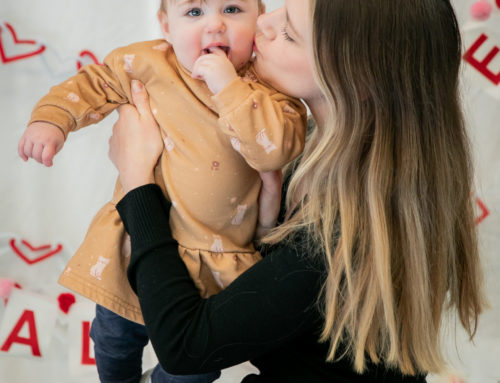
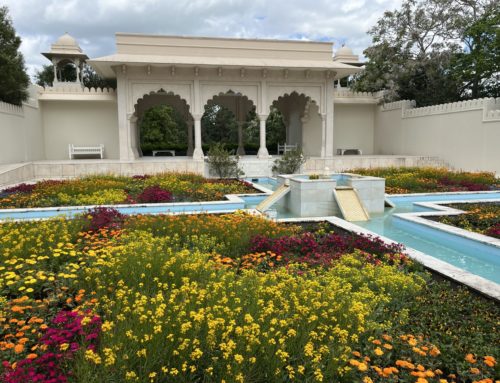

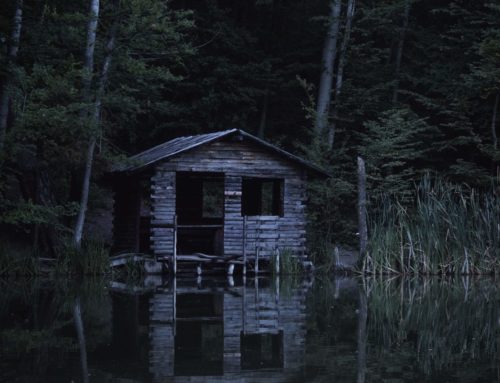




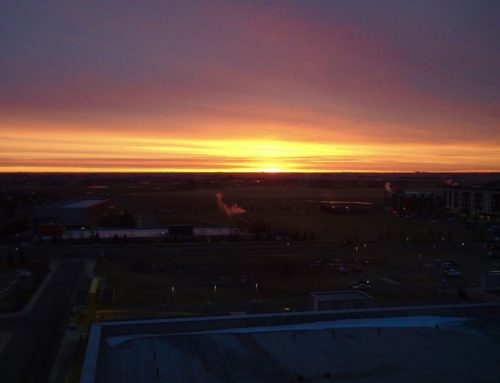
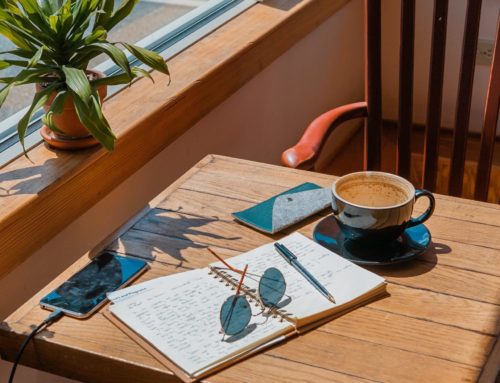
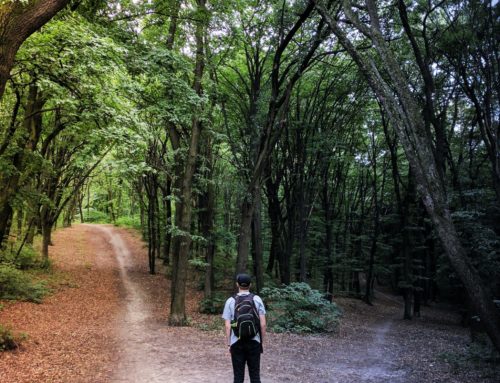
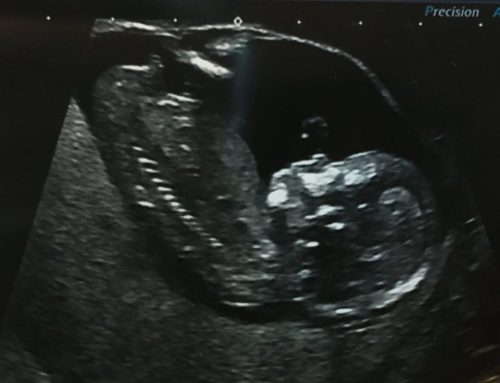
Leave A Comment